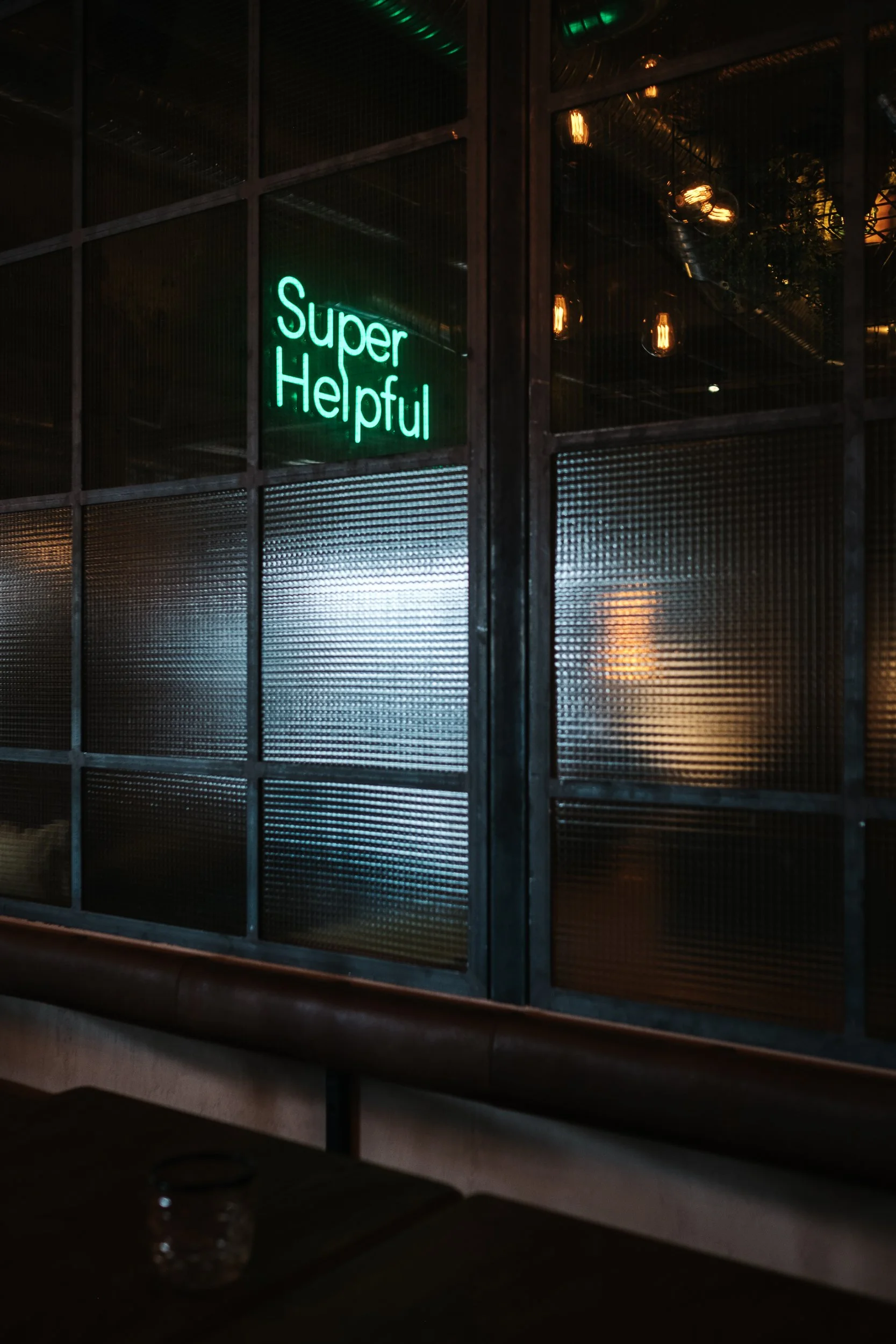The Real Reason Therapists Experience Burnout and What You can do to Help Yourself.
Now that I am aware of how running a private practice works, I keep kicking myself that I didn’t begin sooner. My reasons for hesitancy not only stemmed from fear of the unknown, but also the fear of letting others down. I was sad to leave clients that I had established a therapeutic relationships with; I was also afraid of letting down supervisors and employers that I believed depended on me. I didn’t realize that I was pushing myself into the range of burnout; a term used to describe “emotional exhaustion, emotional fatigue or emotional overload”
Clinicians are experiencing burnout due to the impossible and unhealthy work environments that we feel compelled to serve.
What does burnout for therapists look like?
The World Health Organization classifies burnout as an occupational phenomenon; a syndrome resulting from chronic workplace stress that has not been successfully managed. Yes, the World Health Organization even acknowledges burnout! Look it up in your ICD-11 under Z73.0! It has become a diagnosable factor that can have an impact on health status. Symptoms of this include energy depletion or exhaustion, increased mental distance from your job, increased negative or cynical feelings about your job; thus resulting in reduced professional efficiency.
Let’s apply this to our work as therapists. This line of work has emotional hazards: constant worry, vicarious traumatization, grandiosity and demonization by clients, imposter syndrome, the list goes on. In my opinion, this isn’t even the greatest factor contributing to burn out. Clinicians are experiencing burnout due to the impossible and unhealthy work environments that we feel compelled to serve. But unlike what most others (and employers) believe, this is not incited by the clients themselves. Most therapists are overworked, underpaid, and are experiencing mental healths struggles themselves. Working for a corporation, clinic, or community health center that sees you merely as a member of the proletariat to be exploited ads insult to injury. Often these large companies that we find ourselves working for are run and owned by individuals that are not counselors, have never worked as a counselor, and have little to no insight of what clinical counseling requires.
Burnout and workplace culture: we’re all in this together.
Only a few years into my career, I found my work to be draining and unenjoyable. What’s worse is that most, if not all of the therapists around me felt the same. Commiserating with coworkers about our own anxiety, lack of making ends meet because of low salary, lack of interest and compassion fatigue, etc; this is not what I imagined when I choose this profession. Guilt about disloyalty to those I worked for and worked with only intensified my feelings of burnout.
Most counselors in these settings are overworked, underpaid, and overtired. Their PTO is minimal, and their paychecks are not even a livable wage. There is no time to rest, recharge, or even find therapy for themselves. A 40 hour work week with back-to-back clients is not feasible when you consider the type of work that we do. And an employer’s over-fixation on the numbers, often pushing us to see more people (usually with a small bonus as a carrot hanging from a stick), is not respectful to the clients and their need to have a cognitively present therapist.
It’s not a joke. I was unhappy.
It used to sit at work and fantasize about quitting my job and working for the postal service; seriously, this was a real obsession. Ok, so let’s psychoanalyze this. I was so emotionally exhausted from my heavy caseload that the idea of walking around delivering mail (in any and all weather) became the gold standard of employment happiness (ironic, because the term going postal comes from postal workers becoming violent do to the stress of their job). I used to end my work day looking at available jobs on the USPS website. Many of my coworkers knew that I did this and would joke about it. For me it wasn’t a joke. I was unhappy, and I wanted to escape.
What happened when I quit my community health job.
Eventually I did get the courage to leave; but not as a postal worker, as a sole proprietor. What I have come to terms with is that I wasn’t being disloyal, I was making an informed decision about my career that was necessary for me to thrive and grow as a clinician and as a human. And you know what, it worked out. It worked out very well in fact! My emotional burnout was impacting both my job and my personal life; and I didn’t fully realize the extent of it until I stepped out.
By removing myself from that environment, I feel more at peace with what I do. I can focus on the clients I have and stay emotionally present with them. I have control over my continuing education, and the time that I can give to prepare for a session (before this I don’t think I ever had the time to read or stay current on something for the sake of a client or professional development).
The above mentioned emotional hazards of the job are still real. But my capacity to address them has changed. I am not forced to punch in and punch out forty hours a week, calculate PTO and sick time when I am not feeling well, submit requests for vacation and cross my fingers that it will be approved, overbook my schedule to meet my contracted productivity hours, or take on new clients when I feel overdone. Instead, I come to my office when I have schedule clients, I take Fridays as a rest and/or catch up on paperwork day, I can schedule my own therapy during normal business hours, I take vacation time as I feel I need it, sick time is always allowed, and I don’t take on more clients when I feel that I am at capacity. I am also financially able to handle this, because no one is skimming 80% of the the health insurance claim reimbursements for the sessions that I am billing for. I have completely removed the occupational stress of working for someone else, which was the real root to my symptoms of burnout.
You too can take control of your career to avoid unnecessary burnout. And I can help with that. Don’t hesitate to reach out for consultation if you are feeling nervous about making this career move. Starting my own private practice prevented me from total career implosion. And to think, I almost went postal.
TL:DR
The World Health Organization classifies burnout as an occupational phenomenon; a syndrome resulting from chronic workplace stress that has not been successfully managed.
Mental health therapy as a profession has its emotional hazards: constant worry , vicarious traumatization, grandiosity and demonization by clients, imposter syndrome, the list goes on. Most counselors in these settings are overworked, underpaid, and overtired.
Working for corporations and clinics that take advantage of its staff has become the norm in the mental health field. There is an over emphasis on productivity hours, and a lack of emphasis on the quality of care and the toll taken on the therapist.
Quitting your job at a clinic or community health center is not selfish or disloyal. It is a step for your professional growth that will benefit both your career and emotional wellbeing.
Private practice removes the occupational stress of working for someone else.
You will be a better clinician when you are well rested, and can control your professional environment.


